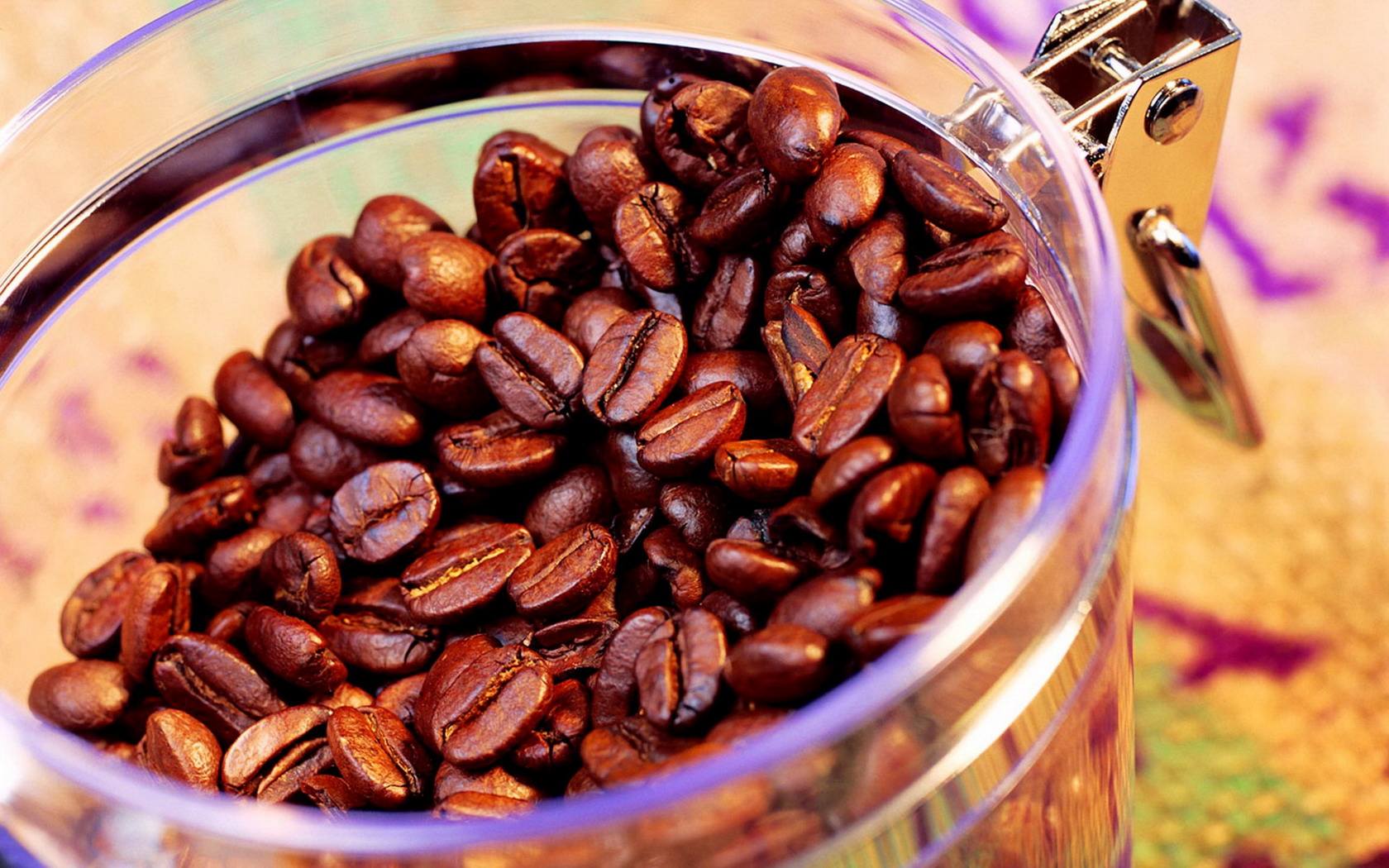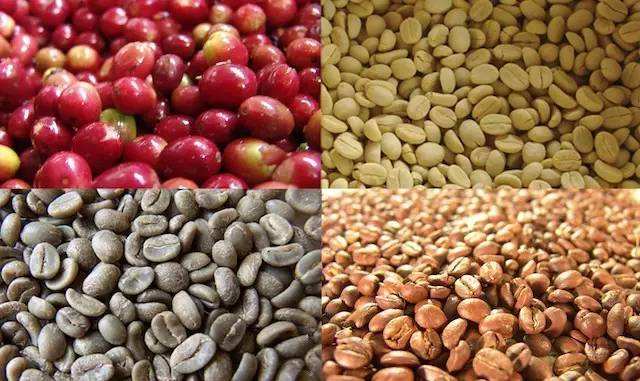The reason why Crystal Mountain is called "the Blue Mountain of Cuba"
Follow the caf é (Wechat official account vdailycom) and found that Beautiful Cafe opened a small shop of its own.
Crystal Mountain is adjacent to the Blue Mountain Mountains of Jamaica, with similar climatic conditions and taste similar to Blue Mountain Coffee, comparable to the Blue Mountains of Jamaica, so the Crystal Mountain of Cuba has become the object of comparison with the Blue Mountains of Jamaica. Crystal Mountain is also known as the "Blue Mountain of Cuba".
1. Suitable climate and topography
Most of Cuba has a tropical rain forest climate, only the southwest coastal leeward slope is savanna climate, the annual average temperature is 25 ℃, except for a few areas, the annual precipitation is more than 1000 mm, the coffee here has the taste of island coffee: low acidity, good alcohol thickness, and rich.

3. The planting History of Coffee in Cuba
Coffee was introduced to Cuba from Domiga in 1748, but it was not until the arrival of French immigrants in 1791 that the coffee industry began. By 1827, there were about 2000 coffee plantations on the island, and coffee overtook the sugar industry as a major export product.
Due to historical and political reasons, the ownership of coffee cultivation experienced the process of private ownership and nationalization. After the Castro Revolution from 1953 to 1961, the nationalization and production of coffee estates were greatly reduced.
At that time, experienced growers fled Cuba because of the revolution, the government did not take measures to promote the process of coffee agriculture, and coffee cultivation went through a period of turmoil on the island.
4. The Origin of Crystal Mountain Coffee in Cuba
[CubitaCoffee], in Cuba, the cultivation of coffee is regulated by the state. Cuba has fertile land, humid climate and abundant rain, which can be called a natural treasure land for coffee cultivation, and suitable natural conditions provide a favorable natural environment for the growth of coffee trees.
Cuba's best coffee growing area is located in the Central Mountains, because this area in addition to growing coffee, there are quartz, crystal and other precious minerals, so it is also known as Crystal Mountain.
All the coffee is picked by hand, and the high-quality export coffee will be treated with water washing to remove defective beans and other impurities to the maximum extent. "Crystal Mountain Coffee" is almost synonymous with top Cuban coffee: soft and long-lasting acidity, clean taste, meticulous and smooth, excellent balance of acidity and bitterness.
5. Why do you call it the Blue Mountains of Cuba?
Crystal Mountain is adjacent to the Blue Mountain Mountains of Jamaica, with similar climatic conditions and taste similar to Blue Mountain Coffee, comparable to the Blue Mountains of Jamaica, so the Crystal Mountain of Cuba has become the object of comparison with the Blue Mountains of Jamaica. Crystal Mountain is also known as the "Blue Mountain of Cuba".
6. Cafe Cubano and Cuban coffee beans
The main export markets are Japan, France, Germany, Ireland, Canada and other countries. Japan is a major importer of Cuban coffee, and it is illegal to sell Cuban coffee beans in the United States because of the trade embargo.
However, there is a [Cafe Cubano] coffee drink called Cuban coffee, which is common in coffee advertisements in the United States. It is an espresso brewed by adding sugar to coffee powder, not coffee made from real Cuban beans.
7. Coffee production that can't make ends meet.
Most of the best quality coffee in China is exported, with exports accounting for about 1/5 of the total output, and the rest is consumed domestically. It is interesting to say that domestic production simply cannot meet domestic consumption. It used to cost US $40 million a year to import low-quality coffee, and even took some extreme measures to meet domestic coffee demand.
Today, the output of coffee in Cuba is still not high, about 7,000 tons a year. Domestic coffee will be sun-dried or mechanically dried, while exported coffee will be washed and treated. Old equipment, muddy roads, and backward planting technology are a great challenge to the development of the Cuban coffee industry.
Franklin Delano Roosevelt broke the commercial monopoly of American industry giants in an unprecedented way, but so far no one has been able to break the political "monopoly" on business.
Important Notice :
前街咖啡 FrontStreet Coffee has moved to new addredd:
FrontStreet Coffee Address: 315,Donghua East Road,GuangZhou
Tel:020 38364473
- Prev

El Salvador Coffee Carmen Manor Coffee beans
Following Cafe Review (Wechat official account vdailycom) found that the Beautiful Cafe opened a small shop of its own El Salvador (Salvador, full name So Salvador da Baa de Todos os Santos, meaning San Salvador by Halloween Bay) is a coastal city in northeastern Brazil, the capital of Bahia state. El Salvador was called Bahia directly for a long time, before the middle of the 20th century.
- Next

Where are the best coffee growing areas in Cuba?
Pay attention to coffee comment (Weixin Official Accounts vdailycom ) and find a beautiful coffee shop to open its own shop Cuba's best coffee growing area is located in the central mountain area, because this area not only grows coffee, but also quartz, crystal and other precious minerals, so it is also called Cuban Crystal Mountain Coffee. Crystal Mountain Coffee is all hand-picked, high-quality coffee for export will be washed
Related
- Detailed explanation of Jadeite planting Land in Panamanian Jadeite Manor introduction to the grading system of Jadeite competitive bidding, Red bid, Green bid and Rose Summer
- Story of Coffee planting in Brenka region of Costa Rica Stonehenge Manor anaerobic heavy honey treatment of flavor mouth
- What's on the barrel of Blue Mountain Coffee beans?
- Can American coffee also pull flowers? How to use hot American style to pull out a good-looking pattern?
- Can you make a cold extract with coffee beans? What is the right proportion for cold-extracted coffee formula?
- Indonesian PWN Gold Mandrine Coffee Origin Features Flavor How to Chong? Mandolin coffee is American.
- A brief introduction to the flavor characteristics of Brazilian yellow bourbon coffee beans
- What is the effect of different water quality on the flavor of cold-extracted coffee? What kind of water is best for brewing coffee?
- Why do you think of Rose Summer whenever you mention Panamanian coffee?
- Introduction to the characteristics of authentic blue mountain coffee bean producing areas? What is the CIB Coffee Authority in Jamaica?

